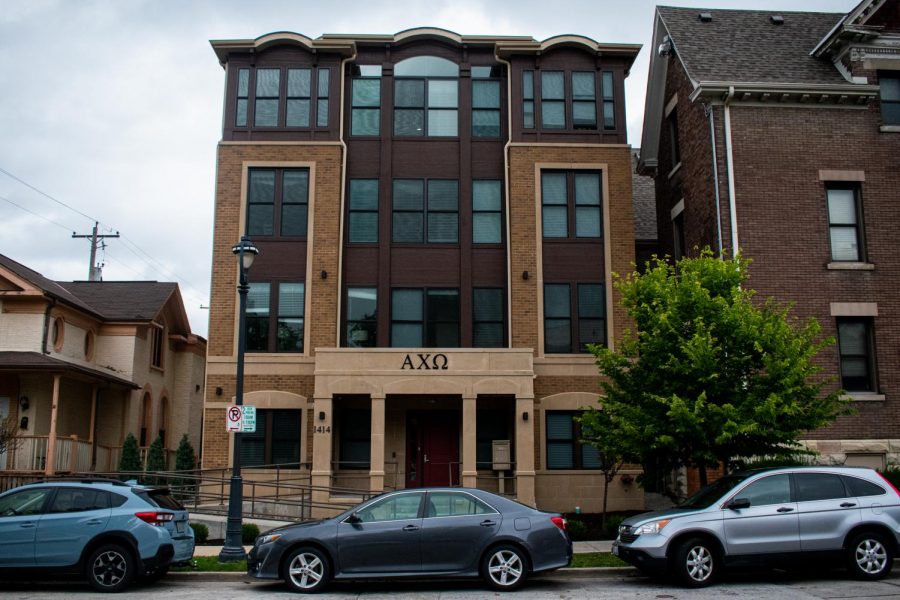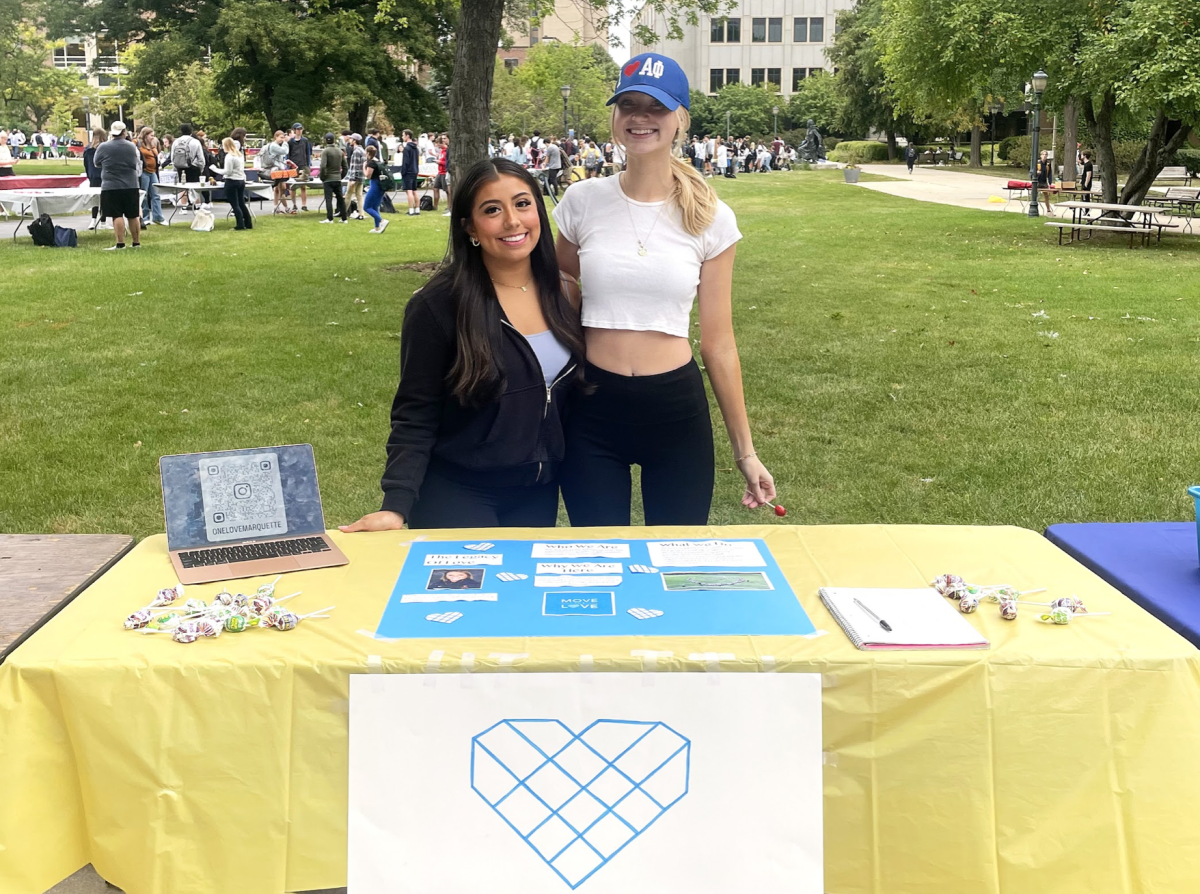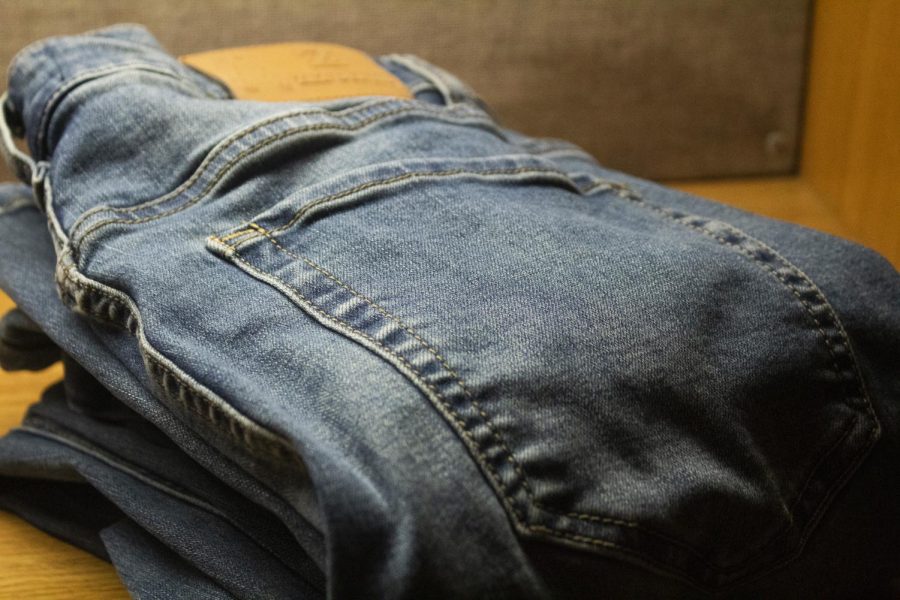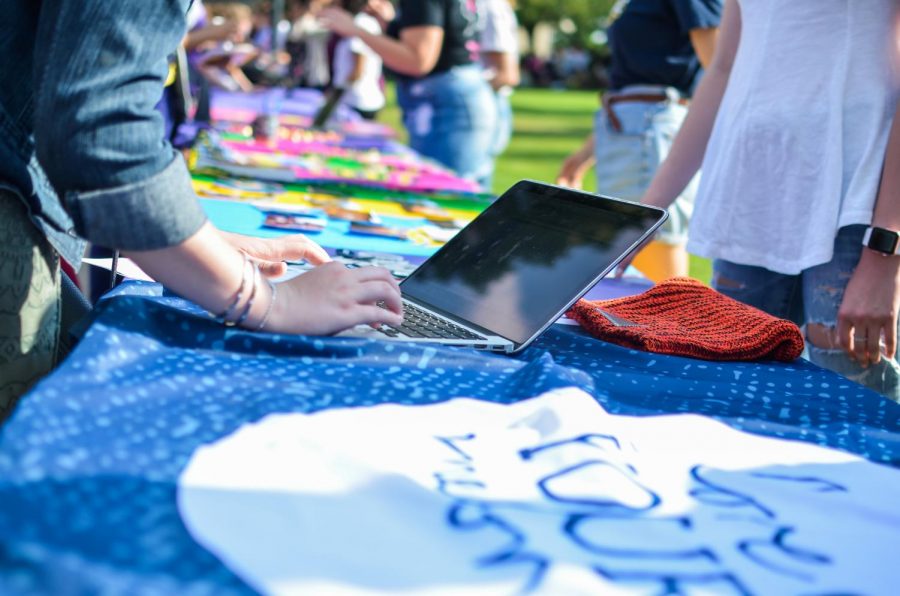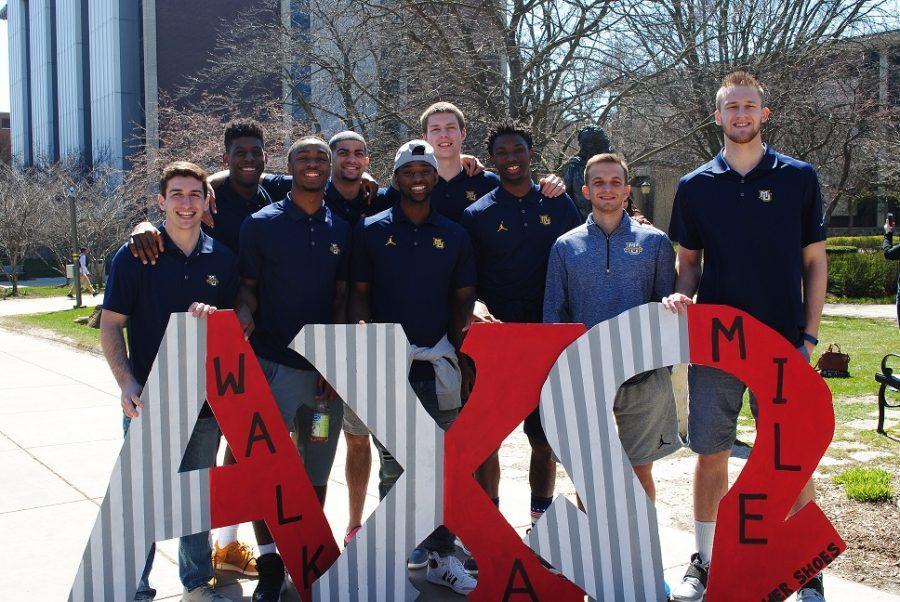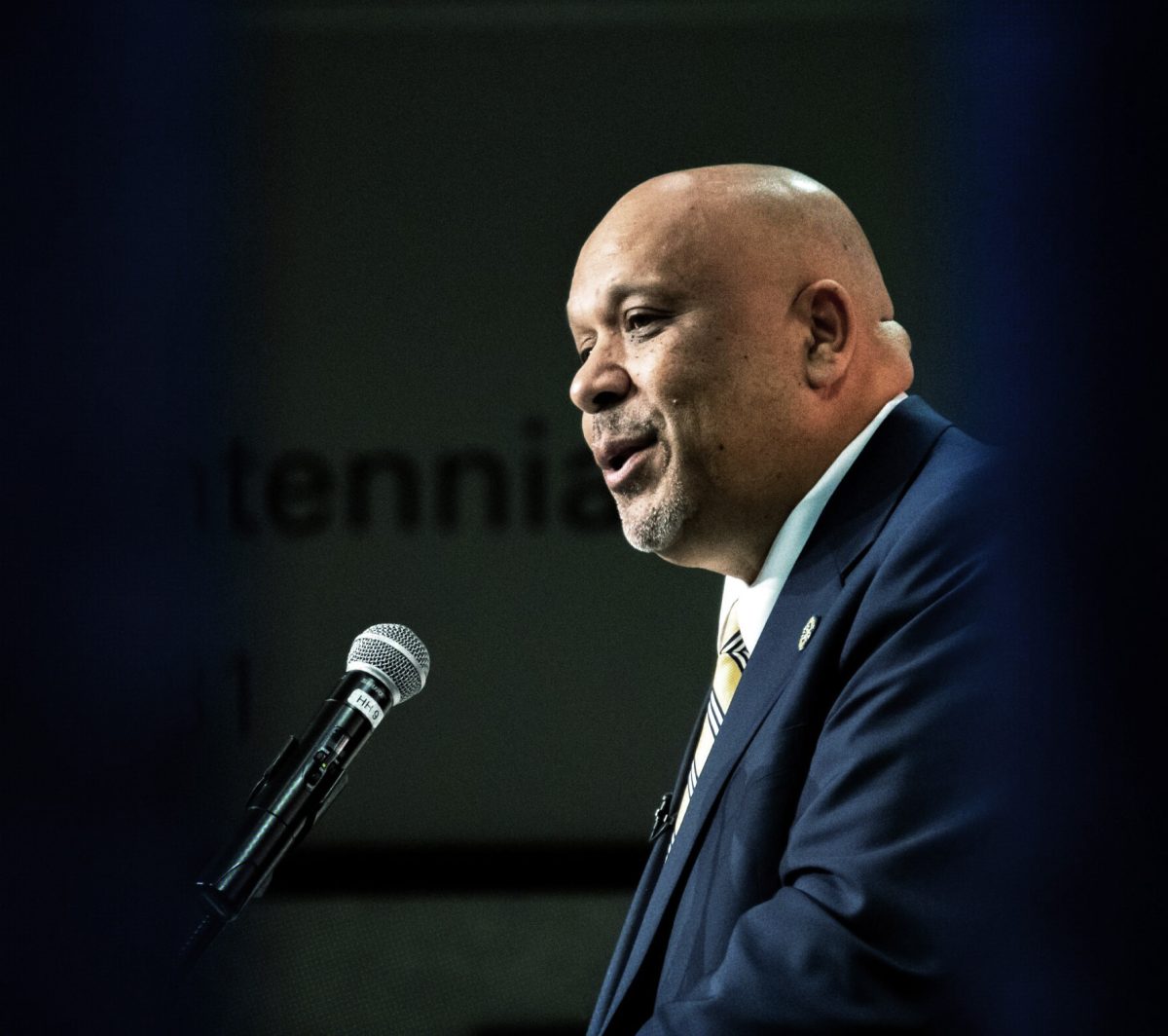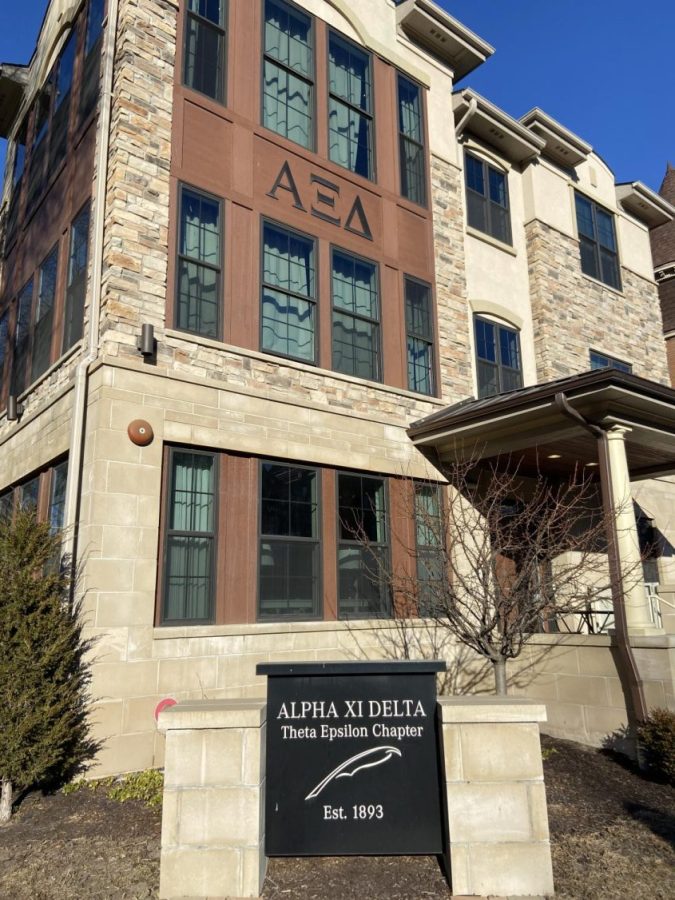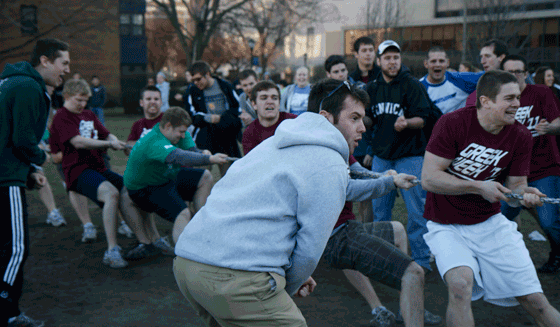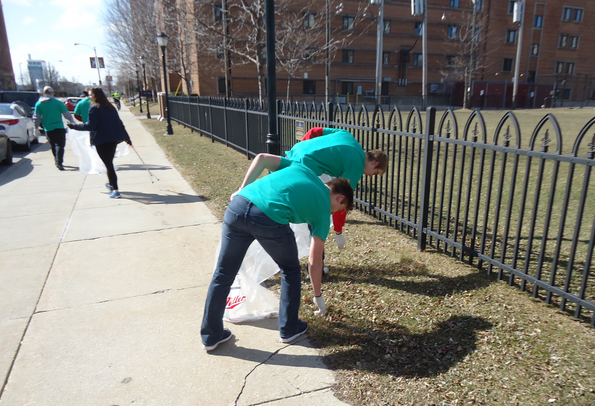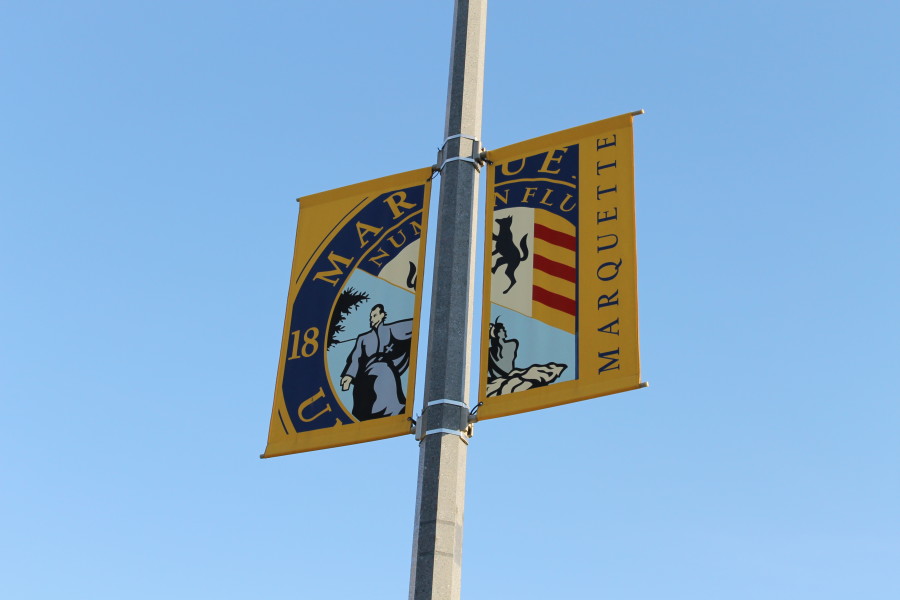Some fraternities and sororities at Marquette are working toward becoming more diverse in the wake of social movements surrounding racial justice that are happening around the country and on campus.
Lily Haugen, a sophomore in the College of Education and member of the Sigma Kappa sorority, said she feels as though Greek life at Marquette reflects the university’s demographic.
“I don’t consider Marquette to be diverse, therefore neither is social Greek life,” Haugen said. “I do notice that, at least in my sorority, the majority of women all fit under the same description of ethnicity, background and even major. I feel like Greek life is missing out by not having diversity and I am interested to see how we can promote inclusion during this upcoming recruitment season.”
According to Marquette’s Diversity and Inclusion composition dashboard, a quarter of Marquette’s undergraduate class are people of color.
Olivia Ward, Alpha Chi Omega’s president and senior in the College of Nursing, said her sorority is implementing a new position within the organization’s executive board involving diversity and inclusion in the near future.
“This new position will allow for our chapter to have more consistent programming and conversations surrounding race and ethnicity, sexual orientation, gender expression, as well as ability,” Ward said in an email.
Ward also said her sorority is planning to have conversations on implicit bias and race.
“We will be specifically focusing on how implicit bias can impact the recruitment process and focusing on checking our own privileges to create a space where everyone feels comfortable in our chapter,” Ward said in an email.
Implicit bias is, “the unconscious attitudes, stereotypes and unintentional actions (positive or negative) towards members of a group merely because of their membership in that group,” according to the Anti-Defamation League’s website.
Ward said that diversity within greek life is important and fosters growth and understanding.
“As a woman of color myself, I understand the need for spaces where you see yourself and where you feel like you can express yourself fully,” Ward said in an email. “Part of having a true and authentic sisterhood is being able to be who you are fully around the people you surround yourself with.”
She said that her inspiration for the new position did not come out of thin air. Ward stated that she had a goal to find ways for other students to feel more comfortable in fraternities and sororities on campus.
“I want them to flourish and find the opportunities for growth and leadership that they are meant for,” Ward said in an email. “The members of my executive board and I have tried our hardest in our term to leave our chapter in the best spot we can by the end of our terms.”
Some fraternities at Marquette are also setting goals to make sure their culture reflects the Marquette community.
“My goal is to be equal to the university’s diversity statistics,” Michael Lindsey, junior in the College of Business Administration and Interfraternity Council President, said in an email. “Currently, around 68% of Marquette’s undergraduate population is white and I would like Fraternity life to be equal to or lower than 68%.”
Lindsey said he hopes to embrace a diverse culture for all fraternities and eliminate the stereotype that fraternities are incapable of diversity.
“I think we are going to see a lot of changes in the upcoming semesters/years on what Marquette’s fraternity life looks like,” he said in an email. “There is no question in my mind that Greek life will become more diverse after speaking with the fraternity presidents and my own Interfraternity Council e-board.”
Lindsey also said that all the fraternities are on board with implementing changes to create a more diverse environment and welcoming community within fraternity culture, along with the creation of a diversity and inclusion committee to discuss the changes he mentioned.
“There can and should be more that should be done for Greek life to become more diverse,” Ward said in an email. ” I think that on every level we should all be doing our part. Whether that is reexamining recruitment processes, traditions, and the chapter climate, that work must be done.”
This story was written by Benjamin Wells. He can be reached at benjamin.wells@marquette.edu.

